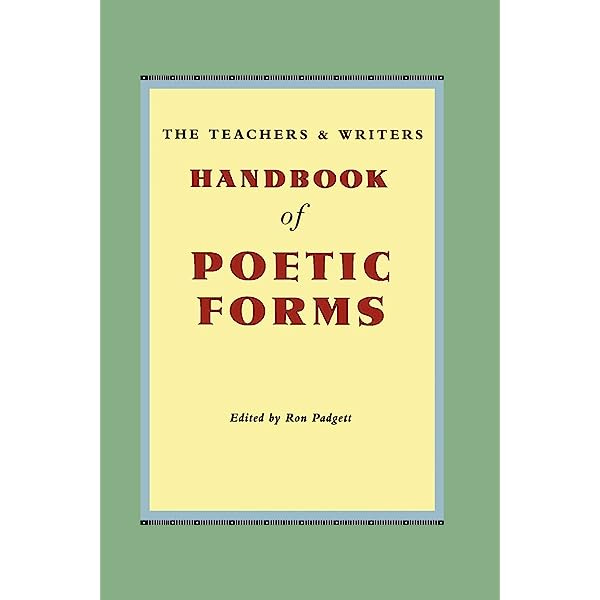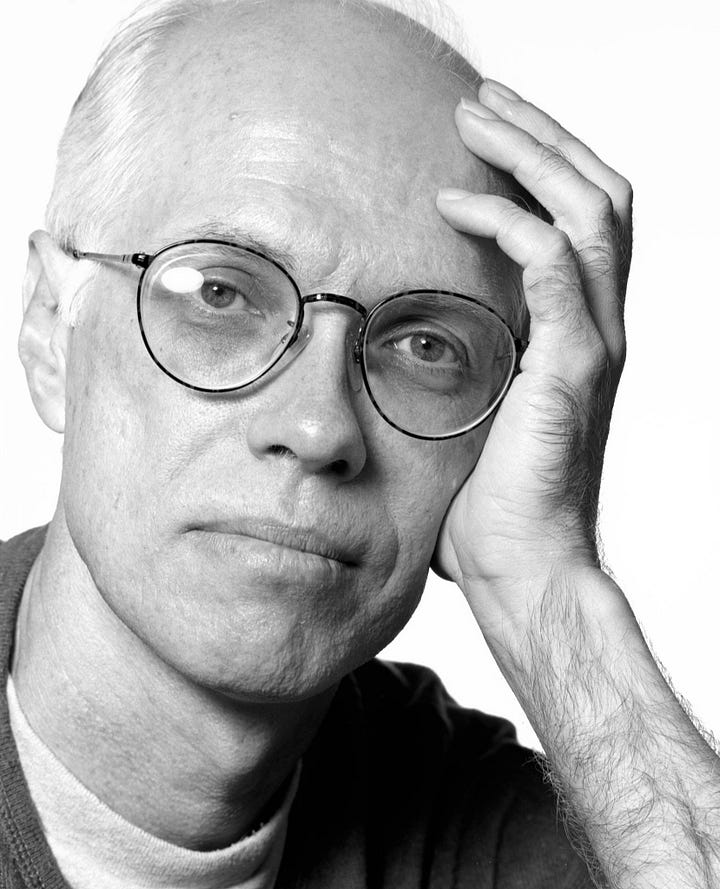

In Ron Padgett’s classic The Teachers and Writers Handbook of Poetic Forms (1987), he explains:
With tremendous economy, Padgett identifies two major purposes of list poems: one “functional” and the other “a hybrid of history and entertainment.” We could say of the latter, that’s really two combined purposes:
to tell stories (whether mythical or factual);
to captivate communal attention and thereby give some kind of pleasure.
In 2009, Umberto Eco curated an exhibit at the Louvre on the essential nature of lists. He then wrote an accompanying essay published in the illustrated catalogue The Infinity of Lists. To Eco, the list is the origin story of culture itself. He was interviewed and said the following, in this detailed exchange that is typically, in Umberto Eco fashion, precise as it is eclectic.
Eco: The list doesn’t destroy culture; it creates it. Wherever you look in cultural history, you will find lists. In fact, there is a dizzying array: lists of saints, armies and medicinal plants, or of treasures and book titles. Think of the nature collections of the 16th century. My novels, by the way, are full of lists.
SPIEGEL: Accountants make lists, but you also find them in the works of Homer, James Joyce and Thomas Mann.
Eco: Yes. But they, of course, aren’t accountants. In “Ulysses,” James Joyce describes how his protagonist, Leopold Bloom, opens his drawers and all the things he finds in them. I see this as a literary list, and it says a lot about Bloom. Or take Homer, for example. In the “Iliad,” he tries to convey an impression of the size of the Greek army. At first he uses similes: “As when some great forest fire is raging upon a mountain top and its light is seen afar, even so, as they marched, the gleam of their armour flashed up into the firmament of heaven.” But he isn’t satisfied. He cannot find the right metaphor, and so he begs the muses to help him. Then he hits upon the idea of naming many, many generals and their ships.
SPIEGEL: But, in doing so, doesn’t he stray from poetry?
Eco: At first, we think that a list is primitive and typical of very early cultures, which had no exact concept of the universe and were therefore limited to listing the characteristics they could name. But, in cultural history, the list has prevailed over and over again. It is by no means merely an expression of primitive cultures. A very clear image of the universe existed in the Middle Ages, and there were lists. A new worldview based on astronomy predominated in the Renaissance and the Baroque era. And there were lists. And the list is certainly prevalent in the postmodern age. It has an irresistible magic.
SPIEGEL: But why does Homer list all of those warriors and their ships if he knows that he can never name them all?
Eco: Homer’s work hits again and again on the topos of the inexpressible. People will always do that. We have always been fascinated by infinite space, by the endless stars and by galaxies upon galaxies. How does a person feel when looking at the sky? He thinks that he doesn’t have enough tongues to describe what he sees. Nevertheless, people have never stopping describing the sky, simply listing what they see. Lovers are in the same position. They experience a deficiency of language, a lack of words to express their feelings. But do lovers ever stop trying to do so? They create lists: Your eyes are so beautiful, and so is your mouth, and your collarbone... One could go into great detail.
SPIEGEL: Why do we waste so much time trying to complete things that can’t be realistically completed?
Eco: We have a limit, a very discouraging, humiliating limit: death. That’s why we like all the things that we assume have no limits and, therefore, no end. It’s a way of escaping thoughts about death. We like lists because we don’t want to die.
With a far more romanticist/universalist tilt than Padgett, Eco claims for the list a kind of omnipresence throughout world cultures. He states two things I want to challenge:
the list is seemingly a primitive tool of early cultures;
it is about the desire to defeat/escape death.
I want to argue the complete opposite. In the traditional hierarchy/binary logic of supremacist history, there are really only two types of societies: the peoples who possess civilization; and the peoples who don’t. The ‘civilizational difference’ makes many genocidal assumptions that continue on today, but one fact it floats on, that is not pure propaganda, is that “civilizations” have a system of written laws.





